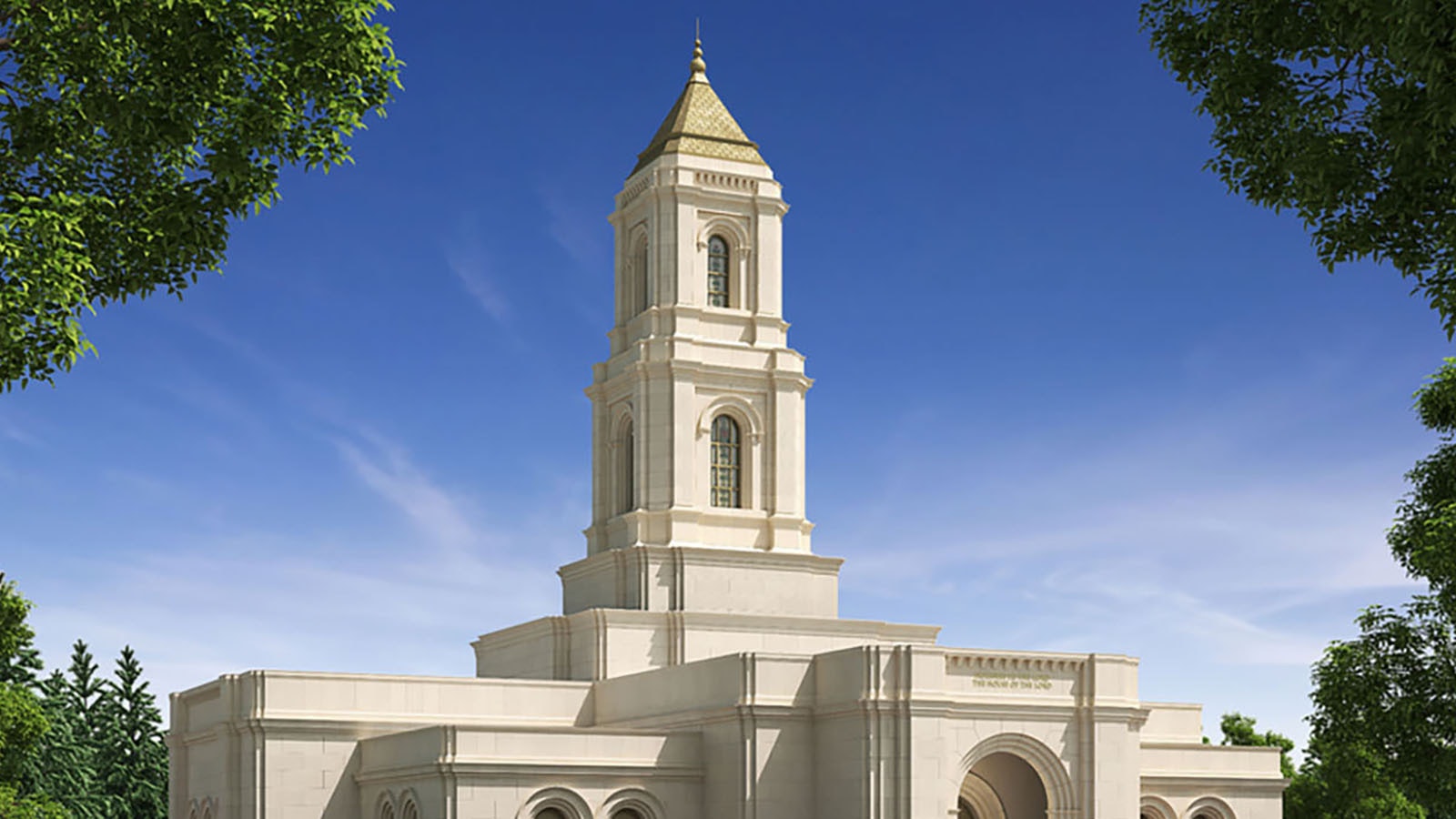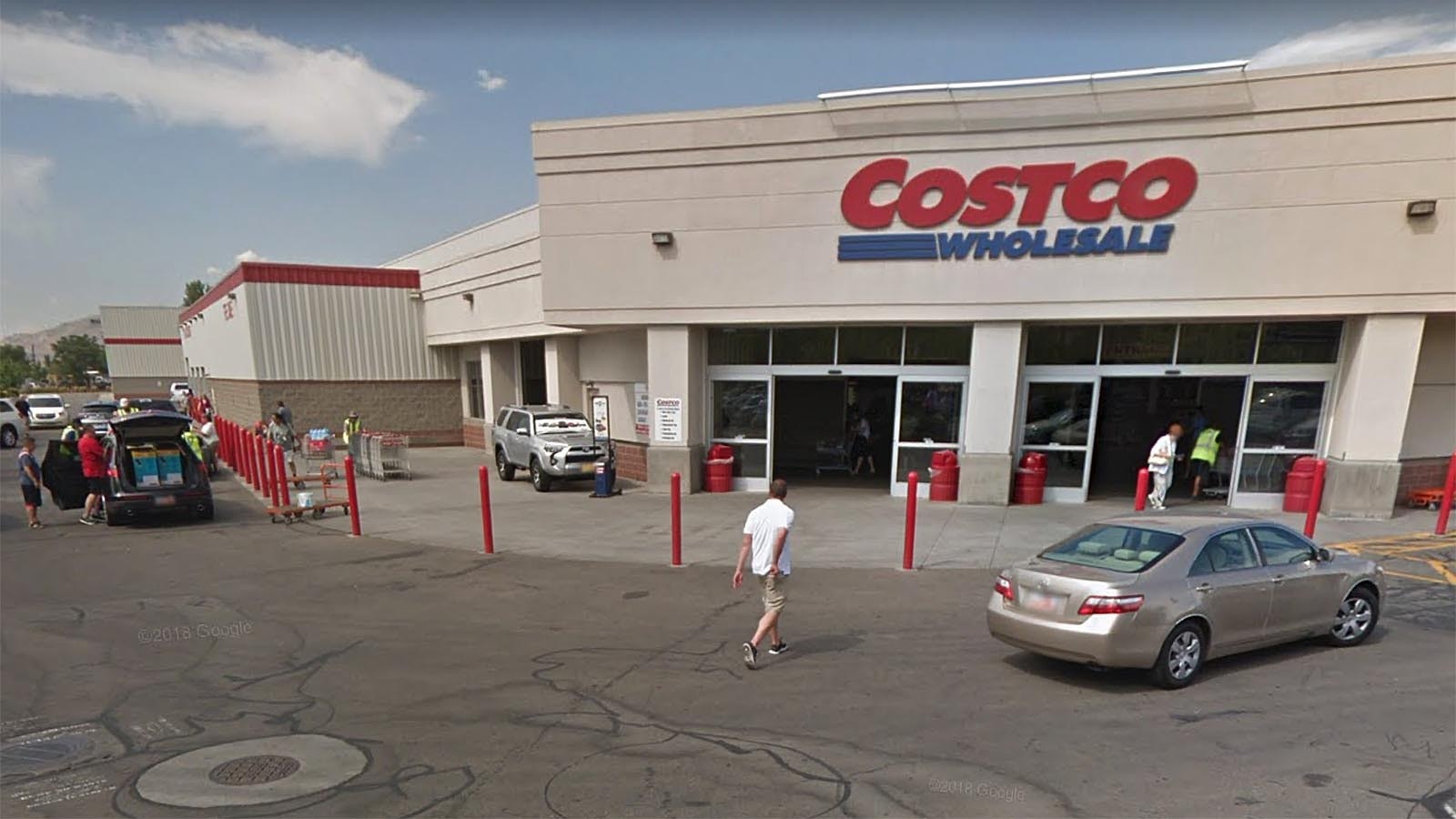Locals fighting the construction of a controversial Church of Jesus Christ of Latter-day Saints temple in Cody have suffered a setback with a judge rejecting their request to have a trove of nearly 4,000 emails and text messages submitted as evidence in their lawsuit to stop construction of the building.
The group, Preserve Our Cody Neighborhoods (POCN), filed a formal notice Tuesday that it’s appealing to still have the records included in the case. The group says the texts and emails from and between local public officials show a clear bias that unfairly led to the approval of the temple project.
The public records reveal that multiple members of the Cody Planning and Zoning Board suspected the city planner and city attorney had conflicts of interest with the church that influenced the advice they gave to the board about the LDS temple project. They also show that City Planner Todd Stowell, a member of the church, sent communications to members of the church expressing support for building the temple while simultaneously advising members of the planning board about whether to approve the project.
The argument to allow the public records, which the city didn’t hand over until nearly four months after the request was made, into the case also includes 19 affidavits from homeowners living near the proposed temple site.
In a December filing, Johnson County Judge John R. Perry ruled that allowing the emails and texts as evidence would be wrong because it would allow the court to rule on information not available to the city prior to the Planning and Zoning Board making its decision to approve the temple in August.
“Certainly, the evidence advanced by POCN might give context to the discretionary political decisions made by city,” Perry wrote in his decision. “However, in the broad range of what is legally acceptable, admitting that evidence in these proceedings is neither required nor does it appear to advance meaningful application of the attendant legal tests.”
Perry further said the Wyoming Supreme Court has previously ruled that there is no vested property right in a contemplated use of land subject to zoning.
Upcoming Hearing
The judge will consider POCN’s temporary injunction request to halt construction of the temple and a separate appeal questioning the record the city of Cody has provided summarizing the temple meetings held last summer at a Jan. 16 hearing.
The nearly 10,000-square-foot temple sparked controversy with its planned 101-foot building and steeple on an almost 5-acre piece of land overlooking the city of Cody. Others living in the neighborhood say the steeple will destroy their viewshed, and the temple will have other negative impacts like being lit up and creating more traffic.
Terry Skinner, a member of POCN, said critical documents were left out of this 2,794-page record showing communications Stowell had with representatives of the church and concern expressed about his perceived conflicts of interest.
Perry will not consider the public records appeal at the upcoming hearing. He would’ve been allowed to consider the contents of these records at the upcoming hearing had he approved having them included as evidence in the case.
Skinner said Perry’s denial is not a significant setback.
“The record still has plenty of good information for our case,” he said.
What Happened?
Throughout the summer and in multiple public meetings, Stowell advised the Planning and Zoning Board on the project.
POCN attorney Debra Wendtland wrote in her appeal that Stowell’s participation “fostered the arbitrary and capricious decisions” by the board.
“The supplemental evidence will prove that the PZB (Planning and Zoning Board) decision is tainted and subject to reversal due to the city staff’s actionable denial of conflicts of interest,” she wrote.
Wentland also argued that the church dictated the zoning approval process and Stowell’s staff report for the project. She said the records prove that Stowell’s actions caused a loss of confidence in the process that he orchestrated to achieve a desirable result for the church.
The church opposed the submission of the public records and affidavits as formal evidence into the case during a hearing in November. Kendal Hoopes, an attorney representing the church, argued that the records are being introduced to “collaterally attack a decision made by merit of the board,” rather than target whether the board was legally allowed to make the decision it did.
Leo Wolfson can be reached at leo@cowboystatedaily.com.





